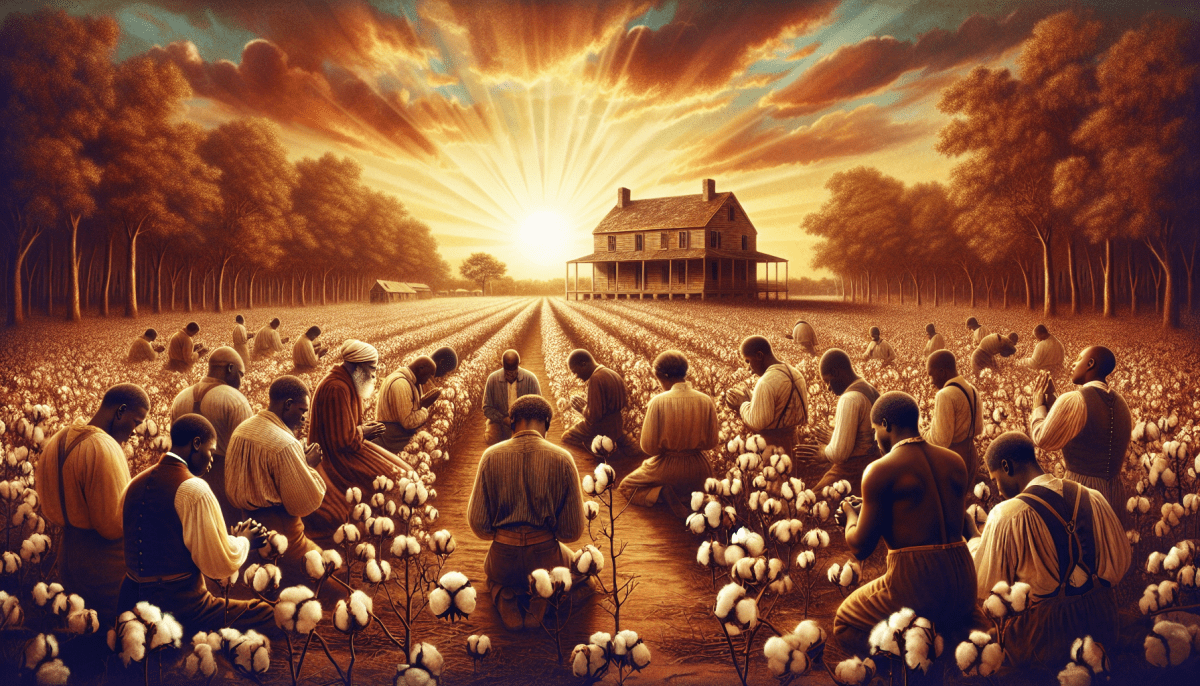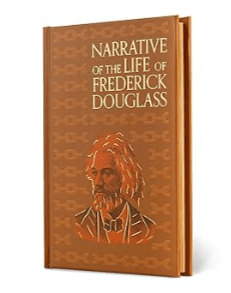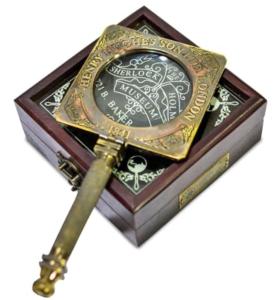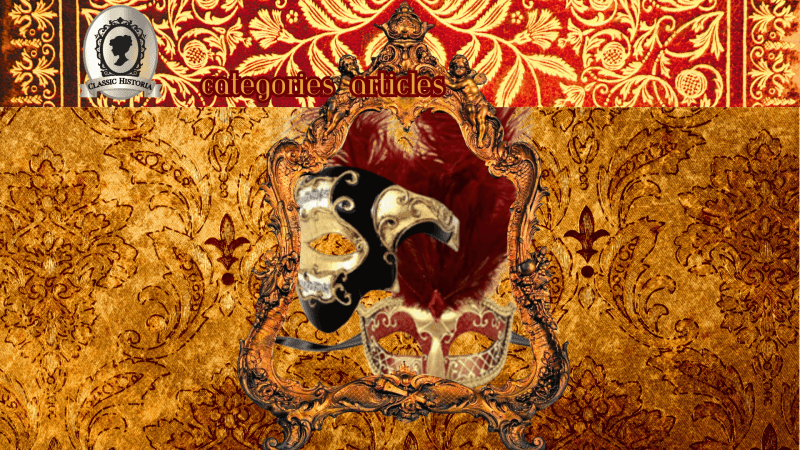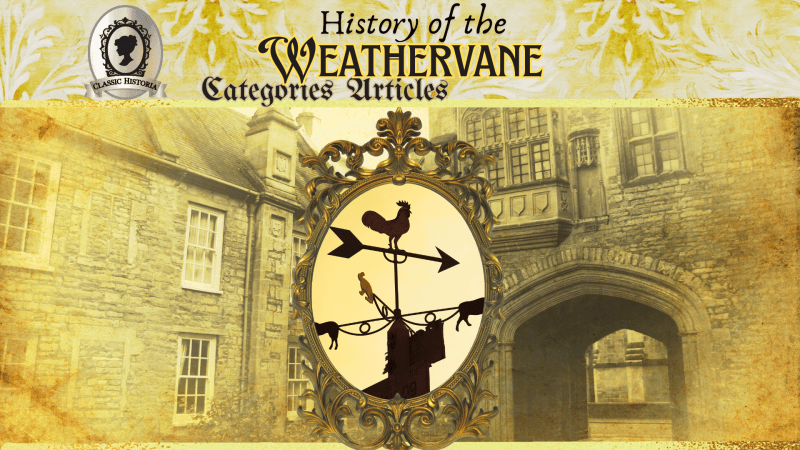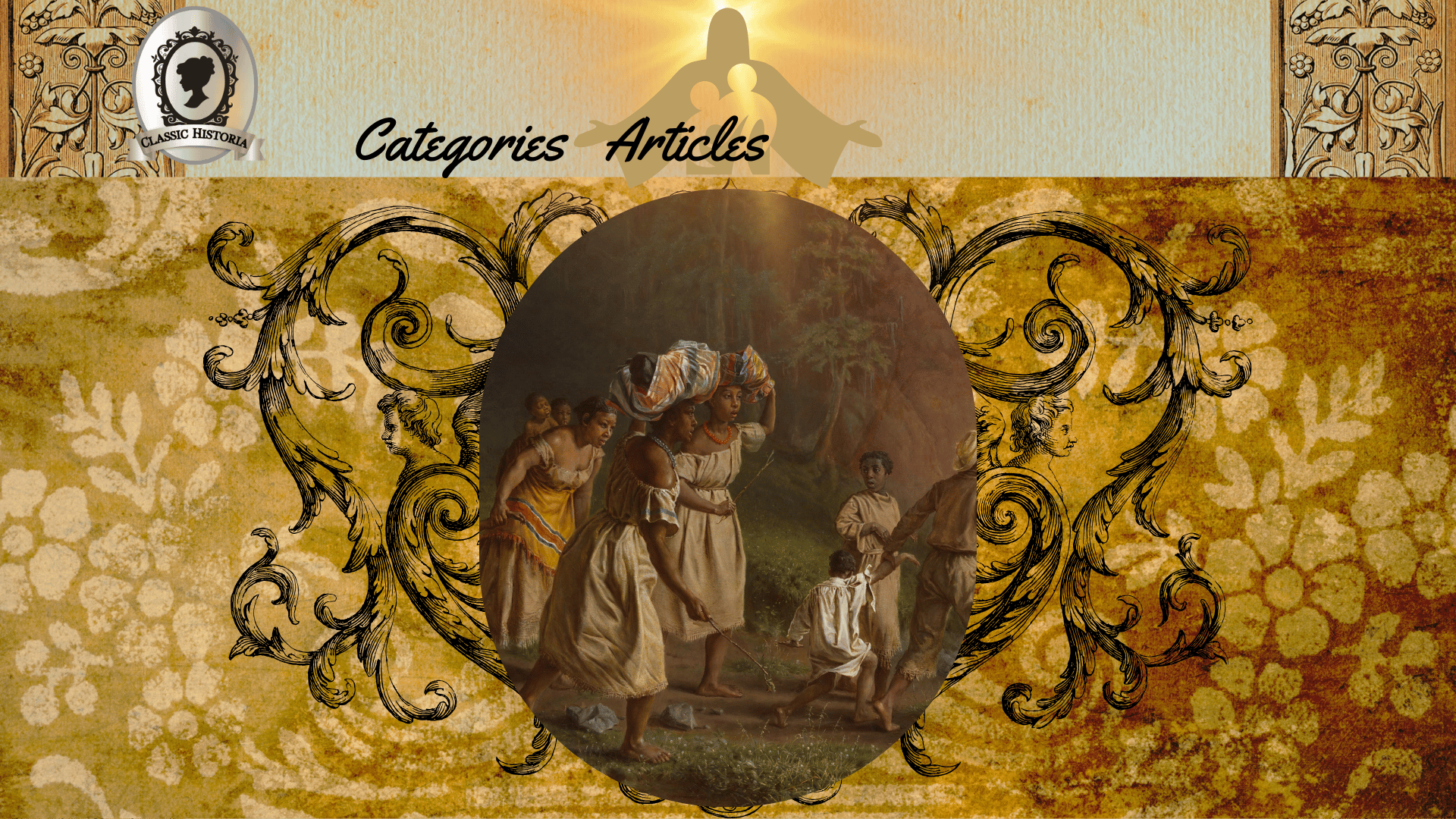
Classic Historia may receive a commission on purchases made through Amazon and eBay affiliate links at no additional cost to you.
Slavery represents one of the darkest periods in African American history, and for African slaves, survival often seemed insurmountable. Yet, in the harshest conditions, many slaves found solace, strength, and a sense of identity in Christianity. Despite proslavery theology from slaveholders who manipulated religion to justify bondage, African American slaves turned to their faith in Jesus Christ as a source of hope, spiritual freedom, and a pathway to personal triumph.
This article explores how Christianity served as a beacon of empowerment and highlights the stories of renowned African American writers who chronicled their experiences and shed light on how Christ helped them endure and overcome slavery.
Christianity as a Source of Strength
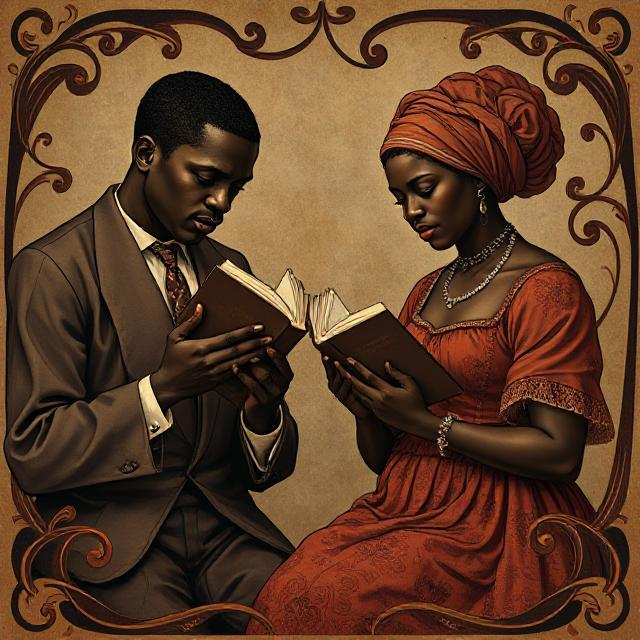
Slaveholders frequently used Christianity to justify the institution of slavery, claiming it was ordained by God and urging slaves to be submissive. Yet, African American slaves reinterpreted God's Word found in Scripture, finding inspiration in passages such as Exodus where God hears the cries of the oppressed Israelites and promises deliverance.
These stories of liberation resonated deeply, empowering slaves to see themselves as part of God's plan for freedom and justice. Additionally, New Testament scriptures like Galatians 3:28, which declares, "There is neither slave nor free, for you are all one in Christ Jesus," provided hope and reinforced their belief in equality and spiritual dignity despite their earthly suffering.
Christianity also provided a communal space for slaves. Their spiritual gatherings, often held in secret due to restrictions from slave owners, became vibrant expressions of faith through songs, sermons, and testimonies. These meetings fostered unity, mutual support, and a profound sense of dignity amidst the dehumanizing conditions of slavery.
Additionally, Christian hymns and spirituals (slave songs of the United States), such as "Swing Low, Sweet Chariot," resonated deeply with enslaved individuals, becoming not only acts of worship but also expressions of resilience and a coded language for escape plans on the Underground Railroad.
Examples of Famous African American Voices from Slavery
Several Christian slaves who endured slavery wrote about their experiences, offering timeless testimonies of faith, survival, and success. Their works continue to inspire, highlighting how Christianity guided them with peace through unimaginable suffering.
Frederick Douglass
Frederick Douglass, a runaway slave who became one of the most influential African American abolitionists, was born as property in infancy and escaped to freedom in 1838. Douglass, a devout Christian, often wrote about the corruption of Christianity as practiced by slaveholders who twisted Biblical teachings to uphold slavery.
However, Douglass emphasized the distinction between the Christian faith of love and justice he embraced and the hypocritical faith of those who justified slavery.
Through his writings and speeches, Douglass inspired others to find hope and empowerment in Christ, while challenging the pervasive injustices of his era.
"I love the religion of Christianity - which cometh from above - which is a pure, peaceable, gentle, easy to be entreated, full of good fruits, and without hypocrisy." — Frederick Douglass
$20.00
$17.98
4.7 out of 5 starsFrederick Douglass: Signature Gilded Edition
A Stunning Addition to Any Bookshelf That Celebrates the Life and Legacy of an Extraordinary Leader
Product information
Product Review Score
Product links
Harriet Jacobs
Harriet Jacobs, author of the landmark autobiography "Incidents in the Life of a Slave Girl," provided a uniquely female perspective on the horrors of slavery. Faith played a critical role in sustaining Jacobs through years of mistreatment as a female slave, and her belief in Christian values of fairness and mercy inspired her to resist oppression and seek freedom for herself and her children.
Jacobs’s account is a vivid testament to how the Christian faith helped slaves like her endure and preserve their humanity while navigating the horrors of enslavement.
“God judges men by their hearts, not by the color of their skins.” — Harriet Ann Jacobs
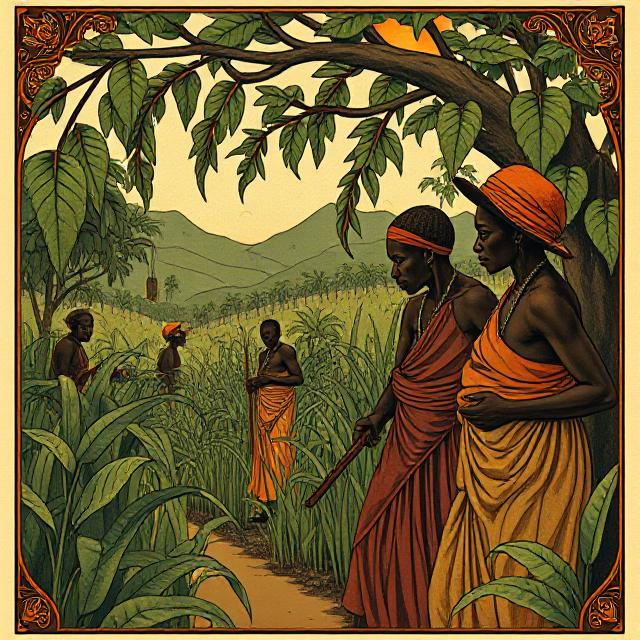
Phillis Wheatley
Phillis Wheatley was brought to America as a young girl. Despite her captivity, Wheatley was a literary prodigy whose works often expressed her deep Christian faith.
Her writing drew on classical themes and often reflected her experiences as an enslaved woman. Like Jacobs, Wheatley also used her faith to find strength and hope in the face of oppression. Her work challenged societal perceptions of race and served as a powerful example of intellectual ability among African Americans.
In addition to their literary achievements, both Jacobs and Wheatley were also active in the abolitionist movement. They used their writing to speak out against slavery and promote social justice for all people.
Sojourner Truth
Sojourner Truth, born into captivity as Isabella Baumfree, became one of the most iconic abolitionists and women's rights activists of the 19th century. Her deep Christian faith was central to her life and mission, guiding her through hardship and empowering her to speak out against injustice. After escaping slavery, she experienced a spiritual awakening that she described as a personal connection with God. This profound faith inspired her to rename herself "Sojourner Truth," reflecting her role as a wanderer spreading God’s truth. Christianity not only gave her the courage to advocate for freedom and equality but also provided her with a moral framework to challenge the institution of slavery and the treatment of women. Her moving speeches, often underscored with biblical teachings, resonated with audiences and strengthened the moral argument against oppression.
"The Spirit calls me, and I must go." — Sojourner Truth
Nat Turner
Nat Turner, an enslaved preacher, was deeply influenced by his Christian faith, which served as both a source of solace and a powerful catalyst for resistance. Turner believed he was divinely chosen to lead his people out of bondage, interpreting visions and signs as messages from God. His profound connection to Christianity fueled his commitment to fighting the inhumane system of slavery. Though the uprising was limited, Turner's actions and the biblical justifications for his resistance left an enduring legacy, igniting debates about the moral implications of slavery and the use of religion as a tool for liberation. His story underscores the complex interplay between faith and the struggle for justice in the context of slavery.
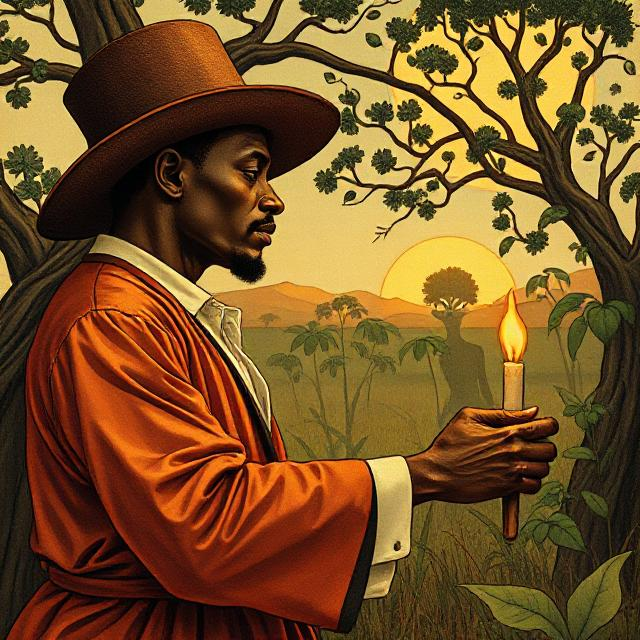
Olaudah Equiano
Also known as Gustavus Vassa, he devoted much of his life to spreading the message of faith and redemption. Born in West Africa and later captured, Equiano endured unimaginable hardships before he ultimately purchased his freedom. His spiritual awakening played a pivotal role in shaping his identity and mission. Equiano became a devout Christian, believing that his survival through trials was a testament to God’s divine intervention. Through his autobiography, The Interesting Narrative of the Life of Olaudah Equiano, he chronicled his life’s journey while emphasizing the transformative power of faith. His story not only highlighted the horrors of slavery but also served as a testament to the strength and guidance he found in his relationship with Almighty God.
Jupiter Hammon
Jupiter Hammon was a slave captive who used his literary voice to express his deep faith in God and his belief systems on slavery. Born in 1711 on Long Island, New York, Hammon spent his life in servitude but found solace and purpose in his strong Christian beliefs. His writings, including poetry and essays, often reflected a profound reliance on divine providence and the hope of spiritual salvation. While Hammon condemned the institution of slavery, his works also emphasized the importance of personal faith and morality. His most famous composition, “An Address to the Negroes in the State of New York,” called for spiritual awakening among his fellow enslaved people, urging them to seek eternal freedom through faith in God. Through his devout beliefs and literary contributions, Hammon left a lasting legacy as a voice of faith and resilience amidst the brutal realities of slavery.
"If we should ever get to Heaven, we shall find nobody to reproach us for being black, or for being slaves." — Jupiter Hammon
$54.42
4.8 out of 5 starsSailor's Art Antique Brass Sherlock Holmes Magnifying Glass | Classic Historia
Exquisite Magnifying Glass Inspired by Sherlock Holmes in Antique Brass Design
Product information
Product Review Score
Product links
George Moses Horton
George Moses Horton was another notable African American poet who left an outstanding mark during a time of profound hardship. Born into slavery in North Carolina, Horton exhibited an extraordinary gift for poetry despite being denied formal education. Much of his work reflected his yearning for freedom and the anguish of slavery, yet it also conveyed a deep reliance on faith in God. Horton’s poetry often expressed hope, resilience, and trust in divine providence, serving as a source of spiritual comfort not only to himself but also to others who faced similar trials. Through his writings, Horton demonstrated how faith could inspire creativity and offer solace in the face of unimaginable adversity.
"Creation fires my tongue!
Nature thy anthems raise;
And spread the universal song
Of thy Creator's praise!"
— George Moses Horton
Solomon Northup
Solomon Northup was a free man who was abducted and oppressed for 12 years and stands as a powerful testament to resilience and faith. His autobiography details the harrowing experiences of his captivity and the injustices he bore. Despite enduring unimaginable suffering, Northup’s account often reflects his steadfast faith in God and belief in eventual deliverance. Despite enduring unimaginable suffering, Northup’s narrative often reflects his steadfast faith in God and belief in eventual deliverance. His trust in divine justice sustained him through the darkest days, and his story resonates as a testament to the power of hope and faith in overcoming adversity. Northup’s legacy continues to inspire, shedding light on the enduring strength of the human spirit when guided by faith.
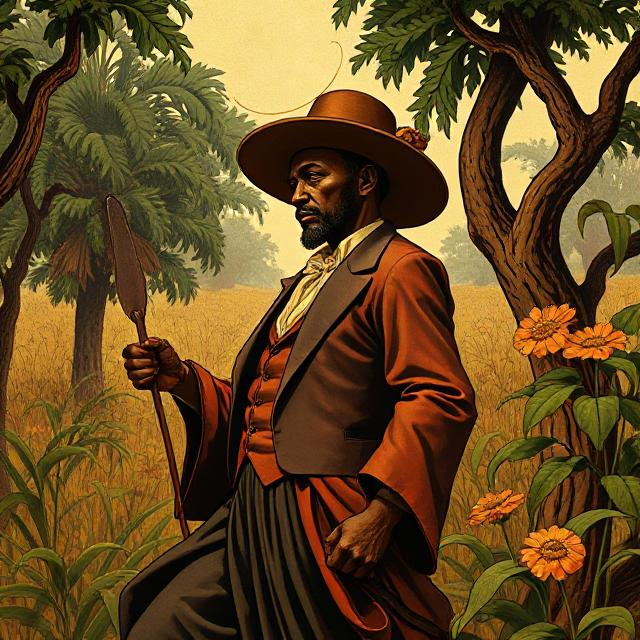
Thomas H. Jones
Thomas H. Jones was another powerful voice in the fight against slavery, whose life and experiences deeply resonated with those who read his narrative. Forced into slavery from birth in North Carolina, Jones endured severe hardships before eventually escaping to freedom. His autobiography, "The Experience of Rev. Thomas H. Jones," not only recounts his struggles but also highlights the central role of faith in his life. For Jones, faith was both a source of solace and a driving force in his pursuit of freedom. His spiritual conviction inspired him to become a minister, dedicating his life to Christian teaching and the abolitionist cause. Through his writings and sermons, Jones demonstrated how faith could sustain hope and fuel resistance against oppression.
"A suffering brother would affectionately present this simple story of deep personal wrongs to the earnest friends of the Slave." — Thomas H.
Austin Steward
Like Thomas H. Jones, Austin Steward drew heavily on his faith as a source of strength and guidance throughout his life. Born into forced labor in Virginia, Steward eventually escaped to freedom and became a prominent abolitionist, businessman, and author. His autobiography, "Twenty-Two Years a Slave, and Forty Years a Freeman," reflects the profound role that faith played in shaping his character and fueling his resistance against injustice. Steward often credited his spiritual beliefs for giving him the courage to confront the hardships he encountered, including the challenges of rebuilding his life in freedom. His faith also guided his advocacy for equality and justice, as he worked tirelessly to support the abolitionist movement and uplift his community.
"The overseer always went around with a whip... made of the toughest kind of cowhide, the but-end of which was loaded with lead… This made a dreadful instrument of torture, and, when in the hands of a cruel overseer, it was truly fearful." — Austin Steward
5 out of 5 starsVintage Brass Telescope on Tripod Stand - Black Antique
Discover a Timeless Treasure with Our Vintage Brass Telescope on Tripod Stand
Product information
Product Review Score
Product links
James W.C. Pennington
James W.C. Pennington was another prominent figure in the abolitionist movement, drawing immense strength and inspiration from his unwavering faith. Born into involuntary servitude, Pennington escaped to freedom and went on to become a minister, educator, and influential activist. His deep spiritual convictions not only guided his personal liberation but also informed his advocacy for social justice and equality. Pennington viewed faith as a critical foundation for perseverance, often preaching about the moral imperative to end slavery and calling on both individuals and institutions to uphold the principles of human dignity and freedom.
"The colored population of the United States has no destiny separate from that of the nation of which they form an integral part. Our destiny is bound up with that of America. Her ship is ours; her pilot ours; her storms ours; her calms are ours. If she breaks upon any rock, we break with her." — James W.C. Pennington
Peter Randolph
Peter Randolph was another remarkable figure whose life and work were deeply rooted in faith. Born into bondage in Virginia, Randolph endured the harsh realities of captivity before gaining his freedom. Once free, he devoted his life to advocating for the abolition of slavery and supporting the African American community. Randolph's faith played a pivotal role in shaping his mission, as he often drew strength and guidance from his spiritual beliefs. He became a prominent preacher and used his sermons and writings to emphasize the importance of faith in the struggle for justice and equality. For Randolph, faith was not only a personal anchor but also a powerful tool for inspiring collective action and hope among those enduring oppression.
Lunsford Lane
A determined and resourceful man, was another notable figure whose unwavering faith guided him through immense challenges. Born as property in North Carolina, Lane relied on his belief in divine justice to fuel his remarkable resilience and ambition. Through sheer ingenuity and hard work, he managed to purchase his freedom and that of his family, an extraordinary achievement during a time of widespread oppression.
Faith played a central role in Lane's life, serving as both a source of personal strength and a foundation for his advocacy. He often spoke of his trust in God as a guiding force in his efforts to overcome adversity and promote abolition. Lane's story is a testament to the profound connection between faith and the pursuit of justice, as well as the power of spirituality to inspire hope and perseverance even in the face of seemingly insurmountable odds.
"To me, God also granted temporal freedom, which man without God's consent, had stolen away." — Lunsford Lane, The Narrative of Lunsford Lane
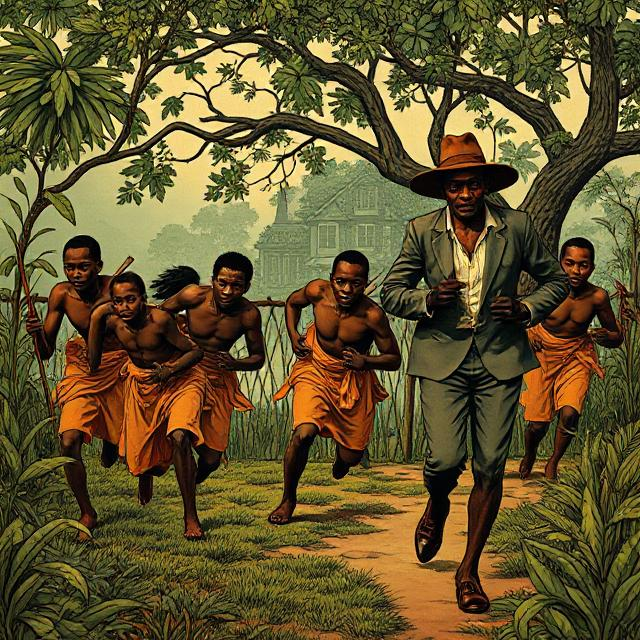
Overcoming Opposition Through Faith
The insistence of slaveholders that God endorsed slavery did not deter the enslaved from finding their own empowering interpretation of Christianity. Slaves read between the lines, finding messages of liberation, equality, and divine love in the Gospel.
Even when literacy was forbidden, enslaved Africans memorized hymns, Biblical passages, religious practice, and oral traditions. These became tools of defiance, instilling a sense of self-worth and purpose in the face of a system designed to strip away individuality.
They refused to accept the religion of compliance imposed upon them and instead embraced a Christianity of resilience—a tool for emotional and spiritual survival, one that aligned with the redemptive message of Christ’s teachings.
Faith: Spread of Christianity
Christianity's role in the lives of African American slaves echoes through history as a testament to the power of faith and hope in overcoming oppression. It was the threads of their faith that wove together a tapestry of survival, resistance, and strength, guiding them through one of the darkest chapters of human history in the American South.
Figures like Frederick Douglass, Harriet Jacobs, and Phillis Wheatley, powerful people who used their faith to endure their trials, also left a legacy for future generations to draw upon. Their writings remind us of the resilience of the human spirit and the enduring impact of Christianity as a foundation of empowerment during slavery.
Understanding their stories encourages us all to reflect on the profound human ability to persevere, thrive, and inspire others—even in the bleakest circumstances. It also challenges us to continue fighting for justice and equality for all people, regardless of their race or background. The legacy of Christianity during slavery in North America serves as a reminder that we must never forget the past and use it as fuel to create a better future.
Like this article? Discover more at Classic Historia for a deeper exploration into the past that has shaped our world.
Stay connected with Classic Historia and discover more timeless treasures by following us on our social media platforms:
Business Phone Number:
(833) 222-7544
Business Address:
Classic Historia
1220 Oak Street, Suite J PMB1007
Bakersfield, CA 93304-1072
United States




